-
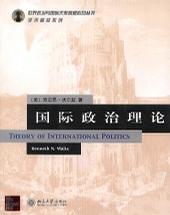
国际政治理论
《国际政治理论》一书从国际体系出发,在分离和还原的工作基础上,建构了国际政治的系统——结构研究框架,从而提出了华尔兹著名的“结构现实主义”理论。在这一理论中,通过精简和细致严谨的推演,华尔兹为我们呈现了国际社会中各行为体的位置以及互动关系。并且指出各行为体的活动是由国际结构所呈现的压力所决定的。本书是当代国际政治领域影响最大的一部著作之一,也是引用频率最高的著作之一,已成为国际政治领域的经典著作。 -
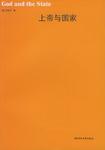
上帝与国家
巴枯宁是现代无政府主义的创始人物、也是俄国早期一位革命家。《上帝与国家》是他最有名的著作之一。在这部著作中他表明对上帝的信仰和对国家的信仰乃是人类自由的两大障碍。他认为,对上帝的信仰,只会使人们驯服于"被上帝选中的人的神圣权威",失去批判精神、理智和意志。巴枯宁将国家称为"合法的、公开的暴政",主张自由是对权威的叛逆,也就是对直接合法化了的权威--国家的叛逆。本书近六万余字,不分章节,稍显无序, -
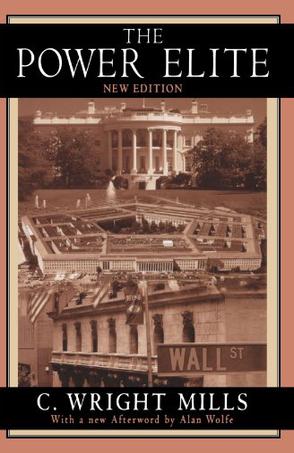
The Power Elite
First published in 1956, The Power Elite stands as a contemporary classic of social science and social criticism. C. Wright Mills examines and critiques the organization of power in the United States, calling attention to three firmly interlocked prongs of power: the military, corporate, and political elite. The Power Elite can be read as a good account of what was taking place in America at the time it was written, but its underlying question of whether America is as democratic in practice as it is in theory continues to matter very much today. What The Power Elite informed readers of in 1956 was how much the organization of power in America had changed during their lifetimes, and Alan Wolfe's astute afterword to this new edition brings us up to date, illustrating how much more has changed since then. Wolfe sorts out what is helpful in Mills book and which of his predictions have not come to bear, laying out the radical changes in American capitalism, from intense global competition and the collapse of communism to rapid technological transformations and ever changing consumer tastes. The Power Elite has stimulated generations of readers to think about the kind of society they have and the kind of society they might want, and deserves to be read by every new generation. -
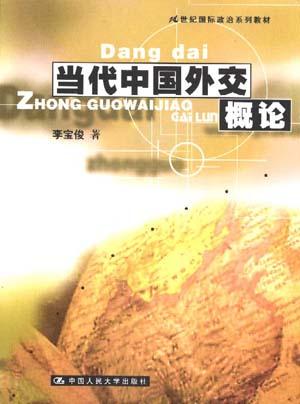
当代中国外交概论
本书以历史发展阶段为线索,重点阐述了中华人民共和国对外关系和对外政策的形成、发展和调整,系统介绍了以毛泽东、周恩来、邓小平外交思想为指导的不同时期中国外交的全貌。本书依据公开发表的文献资料,对中国对外关系和对外政策发展过程中的重大事件进行评述,全面勾画中国在与世界各国建立相互关系中坚持的基本原则和方针,从而揭示新中国外交独立自主与和平的性质。同时对中国正确处理与周边国家的遗留问题,以及多边外交和大国关系等问题也进行了概述。本书既适合做高校教学的概述性教材,也可满足广大社会读者关心中国外交的需求。 -

日本二十一世纪的国家战略
日本二十一世纪的国家战略,ISBN:9787807000358,作者:(日)中曾根康弘著;联慧译 -
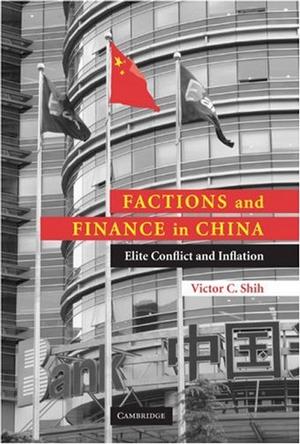
Factions and Finance in China
How does the Chinese banking sector really work? Nearly all financial institutions in China are managed by members of the Communist Party, yet economists and even those who engage the Chinese banking sector simply do not have a framework with which to analyze the links between banking and politics. Drawing from interviews, statistical analysis, and archival research, this book is the first to develop a framework with which to analyze how elite politics impact both monetary and banking policies. This book serves as an important reference point for all subsequent work on Chinese banking.